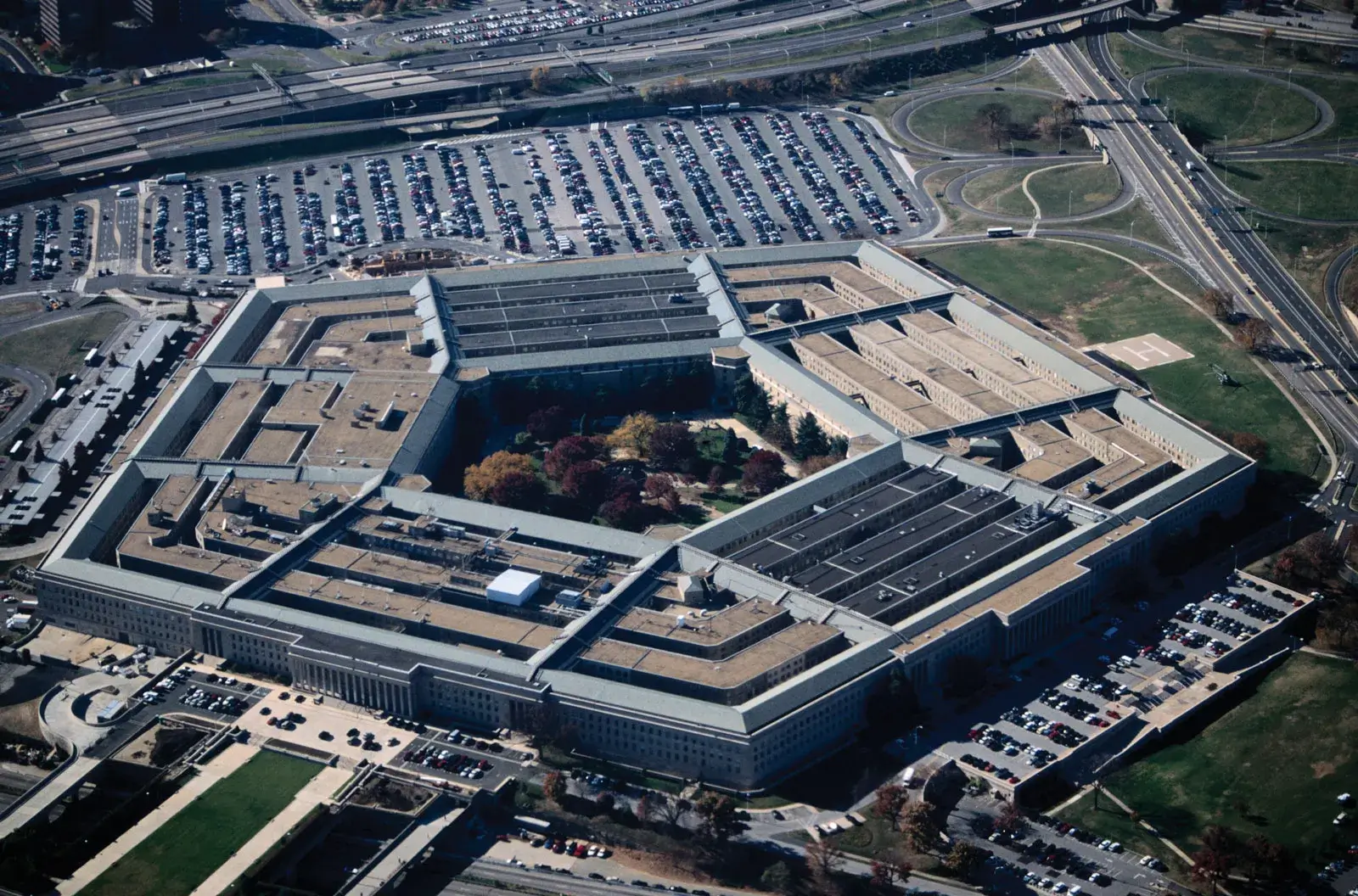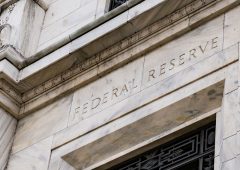Pentagon Admits $824 Billion in Missing Funds Amid Financial Chaos
17.11.2024 15:00 2 min. read Kosta Gushterov
The Pentagon’s latest financial audit has once again exposed significant mismanagement, with the Department of Defense (DoD) unable to account for $824 billion.
For the seventh consecutive year, the DoD failed to provide an accurate budget report, with only nine of its 25 divisions receiving clean audit opinions. The rest either had errors or couldn’t be verified due to poor financial records. The Pentagon’s inability to track billions in taxpayer money has led to widespread waste, including $220 billion worth of untracked spare parts.
Despite spending $4 billion to improve accounting practices, the DoD continues to mismanage funds, raising concerns about further budget increases. While the defense budget is expected to surpass $1 trillion by 2027, taxpayers are footing the bill, potentially affecting public services like education and healthcare. Public confidence in the economy has also faltered, with 60% of Americans rating it negatively, largely due to rising inflation and living costs.
Some experts suggest that blockchain technology could solve the Pentagon’s financial woes. By providing transparent, real-time tracking, blockchain could help the DoD better account for its spending and assets, ensuring more efficient use of funds.
However, implementing such a system would require overcoming resistance from those benefiting from the current lack of accountability. Meanwhile, the U.S. economy is growing, with a 2.8% GDP increase in Q3 2024, but inflation and wage stagnation continue to affect purchasing power.
-
1
China Quietly Advances Yuan as Dollar Alternatives Gain Ground
20.05.2025 17:00 2 min. read -
2
Economic Instability and Political Shift Fueling Bitcoin’s Rise – Galaxy Digital CEO
23.05.2025 12:00 2 min. read -
3
Trump Renews Attack on Fed Chair, Calls for Immediate Rate Cuts
18.05.2025 8:00 1 min. read -
4
Japan’s Inflation Hits 3.5% as Food Prices Soar and Tariff Risks Loom
23.05.2025 21:00 1 min. read -
5
US Dollar Dominance Under Threat Amid Yuan’s Global Ambitions
22.05.2025 14:00 2 min. read
Tariffs Threaten to Stall U.S. Growth in 2025, Recovery Not Expected Until 2026
The U.S. economy may be closer to a downturn than many realize, according to Jay Bryson, chief economist at Wells Fargo.
Dollar Faces Deep Decline as Fed Cuts Pressure Currency, Warns Morgan Stanley
Morgan Stanley has issued a cautionary outlook on the U.S. dollar, predicting a major decline over the coming year as Federal Reserve rate cuts take hold.
Trillions in Debt Payments Could Break U.S. Economy, Ray Dalio Predicts
Legendary investor Ray Dalio has issued a stark warning about the trajectory of U.S. government finances, suggesting the country is drifting toward a series of severe economic shocks unless its debt spiral is urgently addressed.
Wall Street Veteran Warns Tariffs Could Disrupt AI-Driven Market Rally
Steve Eisman, the famed investor known for forecasting the 2008 housing collapse, is sounding the alarm—not on overvalued tech stocks or interest rates, but on the escalating risk of global trade disputes.
-
1
China Quietly Advances Yuan as Dollar Alternatives Gain Ground
20.05.2025 17:00 2 min. read -
2
Economic Instability and Political Shift Fueling Bitcoin’s Rise – Galaxy Digital CEO
23.05.2025 12:00 2 min. read -
3
Trump Renews Attack on Fed Chair, Calls for Immediate Rate Cuts
18.05.2025 8:00 1 min. read -
4
Japan’s Inflation Hits 3.5% as Food Prices Soar and Tariff Risks Loom
23.05.2025 21:00 1 min. read -
5
US Dollar Dominance Under Threat Amid Yuan’s Global Ambitions
22.05.2025 14:00 2 min. read


